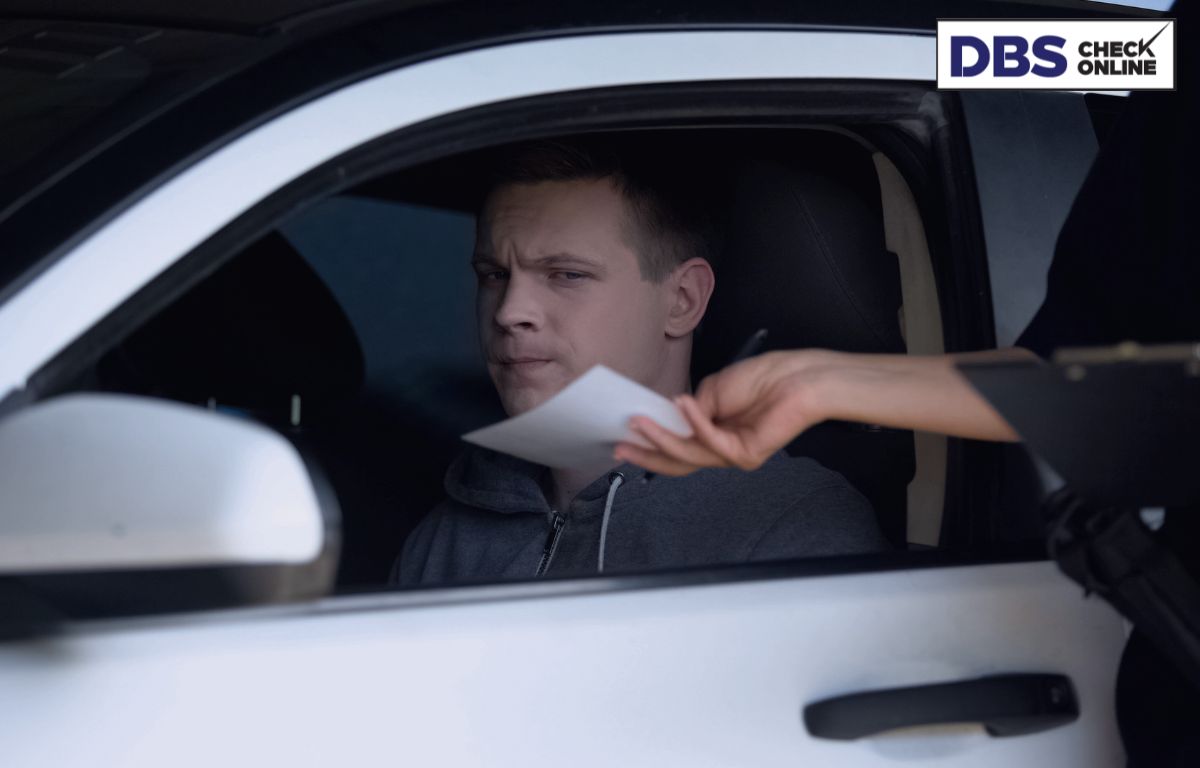Do DBS Checks reveal motoring offences?

As a driving instructor in the UK, you will need to undergo a DBS check. A DBS check is a statutory criminal check undertaken by the Disclosure and Barring Service.
A DBS check for a driving instructor is an enhanced DBS check because of the level of contact you will have with the public in your role.
An enhanced DBS check is a comprehensive search for any spent convictions, reprimands, cautions, warnings and non-conviction information held by relevant police forces.
The need for DBS checks for driving instructors and a range of other frontline roles came into force in 1974 with the 1974 Rehabilitation of Offenders Act. There are three types of DBS checks.
As part of your entry into the profession, you will need to join the ADI register.
On applying to join the Approved Driving Instructor Register (ADI) the ADI will carry out an enhanced DBS check. The results of your search will need to meet the Driving and Vehicle Standards Agency’s ADI Register criteria for ‘fit and proper’ conduct.
Without approval, you will not be able to work as a driving instructor.
The assessment process for the ADI register will consider motoring and non-motoring cautions and convictions, inclusion on the children’s barring list, pending court proceedings and more.
In some cases, your application may not be successful. Visit unlock.org/ becoming-a-driving-instructor to find out more.
Do DBS checks reveal motoring offences?
The DBS check does reveal some motoring offences, but not all.
The main thing to realise is that there are different levels of severity when it comes to motoring offences. They are generally categorised into two types:
Fixed Penalty Offences – These are minor driving offences that are punishable by a fine and points on the licence or the completion of a speed awareness course. Examples of fixed penalty driving offences are minor speeding offences, driving in a bus lane, or stopping in a yellow box junction. Fixed penalty driving offences are not considered criminal offences and therefore do not show up on a DBS check.
More serious motoring offences – These offences include drunk driving, reckless driving, driving without insurance, or persistent disregard for speed limits. These kinds of offences often end up in a conviction or warning and will be visible on a DBS check. In other words, if it is a recordable offence in the eyes of the police (anything more than a fixed penalty), it will be stored on the police national computer (PNC) and will show up on a DBS check.
Contact DBS Check Online for more information.
Are you ready to complete a check online?
You will receive the certificate within 2 - 7 days.
